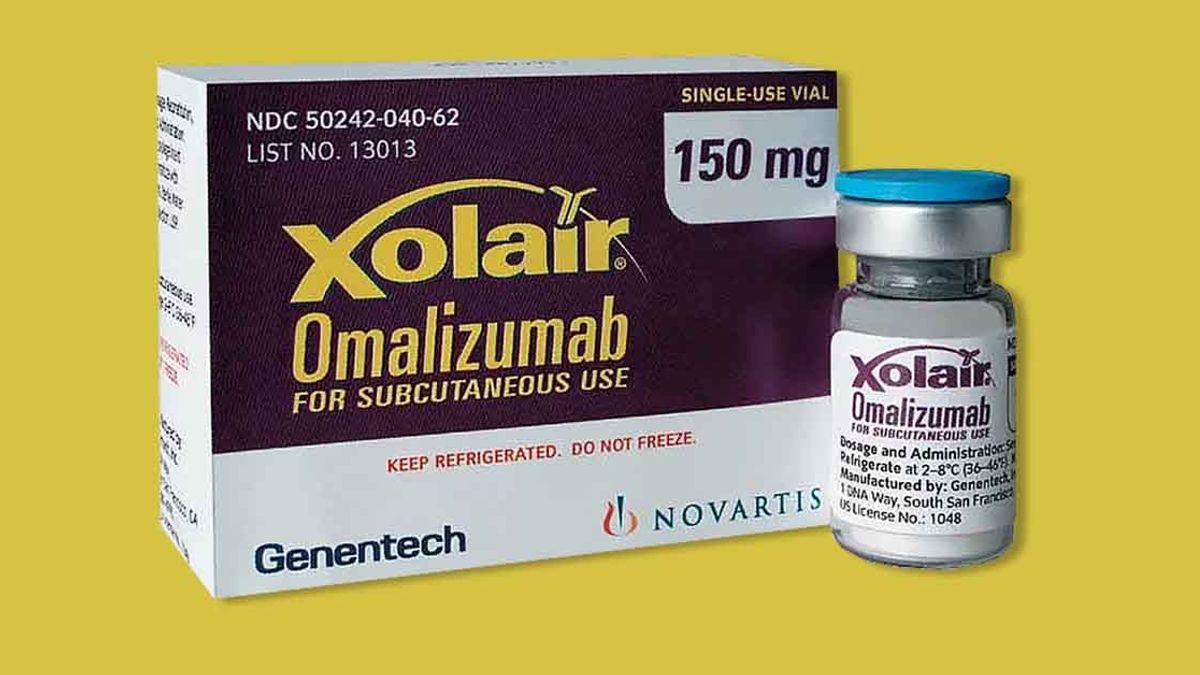
A New Ray of Hope for Children with Food Allergies
Children with severe food allergies often live in constant fear of accidental exposure to allergy-triggering foods. Even the smallest trace of an allergenic food can trigger severe reactions such as difficulty in breathing. However, a recent study led by scientists at the Stanford School of Medicine shows a promising avenue for reducing the risk of such accidental exposures. The study suggests that the drug omalizumab can prevent dangerous allergic responses to small quantities of allergy-triggering foods in children.
Omalizumab as a Shield Against Food Allergies
Omalizumab, originally approved to treat diseases such as allergic asthma and chronic hives, has been found to protect people from severe allergic responses when they accidentally consume small amounts of a food they are allergic to. The study involved 177 children with severe food allergies. After four months of monthly or bimonthly omalizumab injections, two-thirds of the participants could safely eat small amounts of their allergy-triggering foods. This suggests that omalizumab could provide a layer of protection against accidental exposures.
The OUtMATCH Trial: Omalizumab vs Placebo
The effectiveness of omalizumab was further confirmed in the OUtMATCH trial. This double-blind, randomized, placebo-controlled trial compared omalizumab against placebo therapy in the management of multiple food allergies. The primary outcome was the consumption of at least a single dose of at least 600 mg of peanut protein without dose-limiting symptoms. The trial revealed that patients receiving omalizumab had a greater ability to consume cashew, milk, and egg without dose-limiting symptoms compared to those receiving placebo. The incidence and severity of adverse events were similar between the study arms, further emphasizing the safety of omalizumab.
Benefits Across Multiple Food Allergens
What makes omalizumab particularly promising is its effectiveness across multiple food allergens. A late-stage clinical trial found that a 16-week course of omalizumab increased the amount of peanut, tree nuts, egg, milk, and wheat that multi-food allergic children could consume without an allergic reaction. Nearly 67% of participants who completed the antibody treatment could consume a single dose of 600 mg or more of peanut protein without a moderate or severe allergic reaction, compared to less than 7% of participants who received a placebo. The treatment also yielded similar outcomes for egg, milk, wheat, cashew, walnut, and hazelnut.
Omalizumab’s Safety Profile
The safety of omalizumab has also been thoroughly assessed. The drug’s safety has been evaluated in children as young as 1, and it has been found to be safe with minimal side effects. This makes omalizumab especially helpful for young children with severe food allergies, as it could make it safer for them to be around food and reduce the risk of accidental ingestion.
Future Directions
While these findings are promising, more research is needed to understand the long-term effects and the factors that predict the strength of the response to the drug. The study’s authors are planning further research to answer these unanswered questions and to determine the drug’s potential impact on other allergic conditions. But for now, omalizumab provides a promising new direction in the management of severe food allergies in children.
